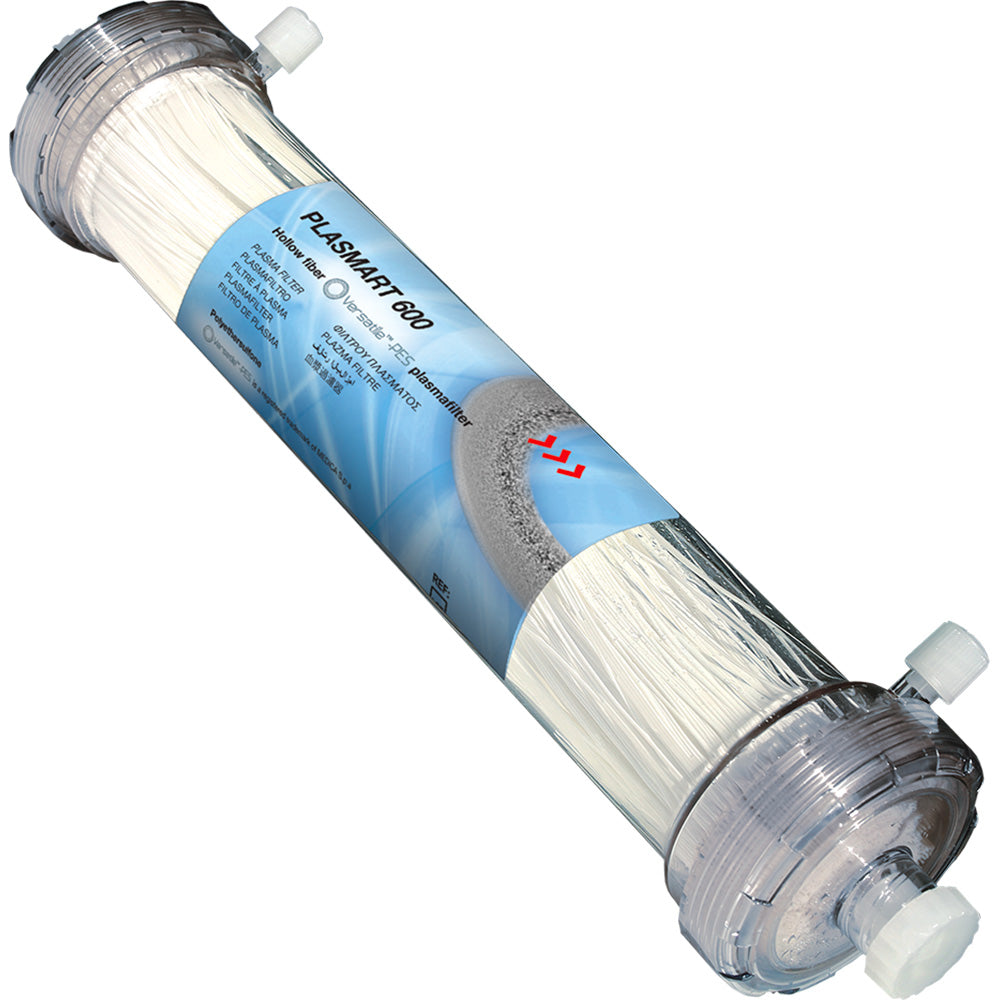
DFPP Shows Promise in Treating Severe Cryoglobulinemia
Double Filtration Plasmapheresis Shows Promise in Treating Severe Cryoglobulinemia
This case study has demonstrated the effectiveness of Double Filtration Plasmapheresis (DFPP) in treating severe leg ulcers caused by hepatitis C virus (HCV)-related cryoglobulinemia. DFPP offers hope for patients who don't respond to conventional treatments.
The Case
The patient presented with type I cryoglobulinemia and severe leg ulcers, showing no improvement with standard antiviral and immunosuppressive treatments.
Treatment Approach
The medical team administered 30 sessions of Double Filtration Plasmapheresis (DFPP) over six months, without additional treatments. They monitored several markers throughout the process:
- Immunoglobulins
- Complement
- Cryocrit
- Fibrinogen
- HCV RNA levels in various blood components
Results
There was improvement in the condition of ulcers in the leg during apheresis and had completely regressed by the end of the cycle.
This case demonstrates that Double Filtration Plasmapheresis (DFPP) can be an effective standalone treatment for severe cryoglobulinemia-related leg ulcers, particularly in cases resistant to conventional therapies. The significant reduction in viral load within cryoprecipitate suggests a direct mechanism for symptom improvement.
Reference: Ramunni A, et al. (2008). Double-filtration plasmapheresis in the treatment of leg ulcers in cryoglobulinemia. https://pubmed.ncbi.nlm.nih.gov/18484642/

